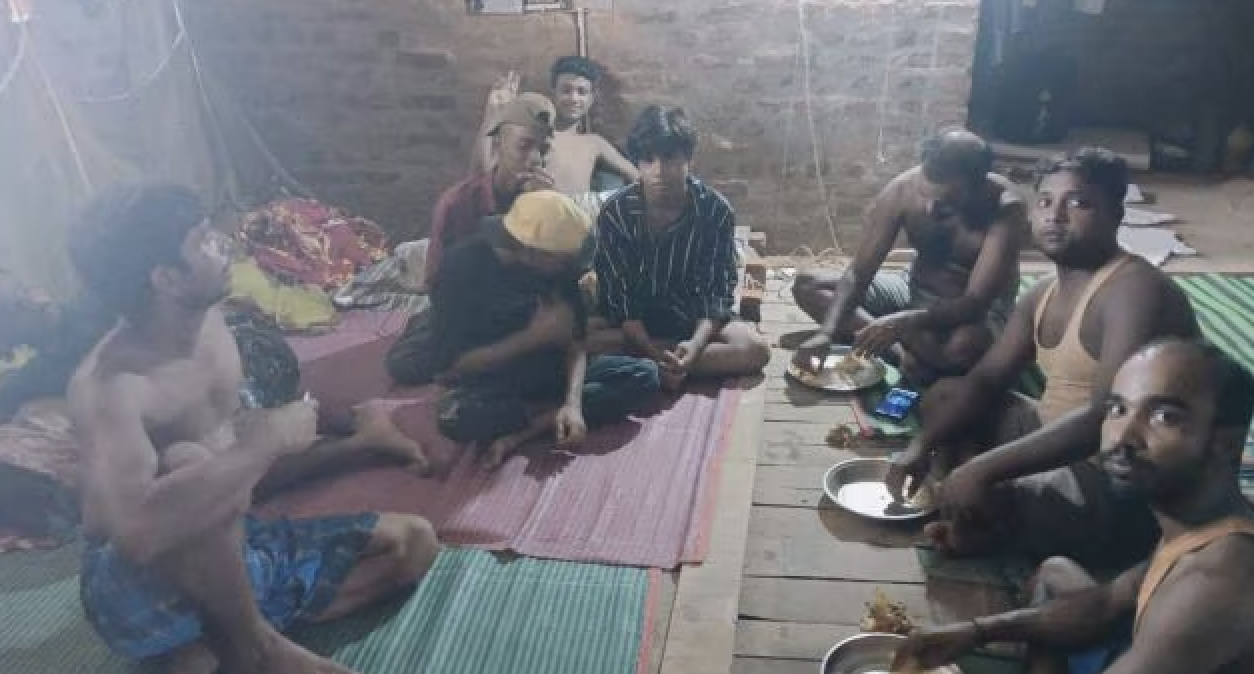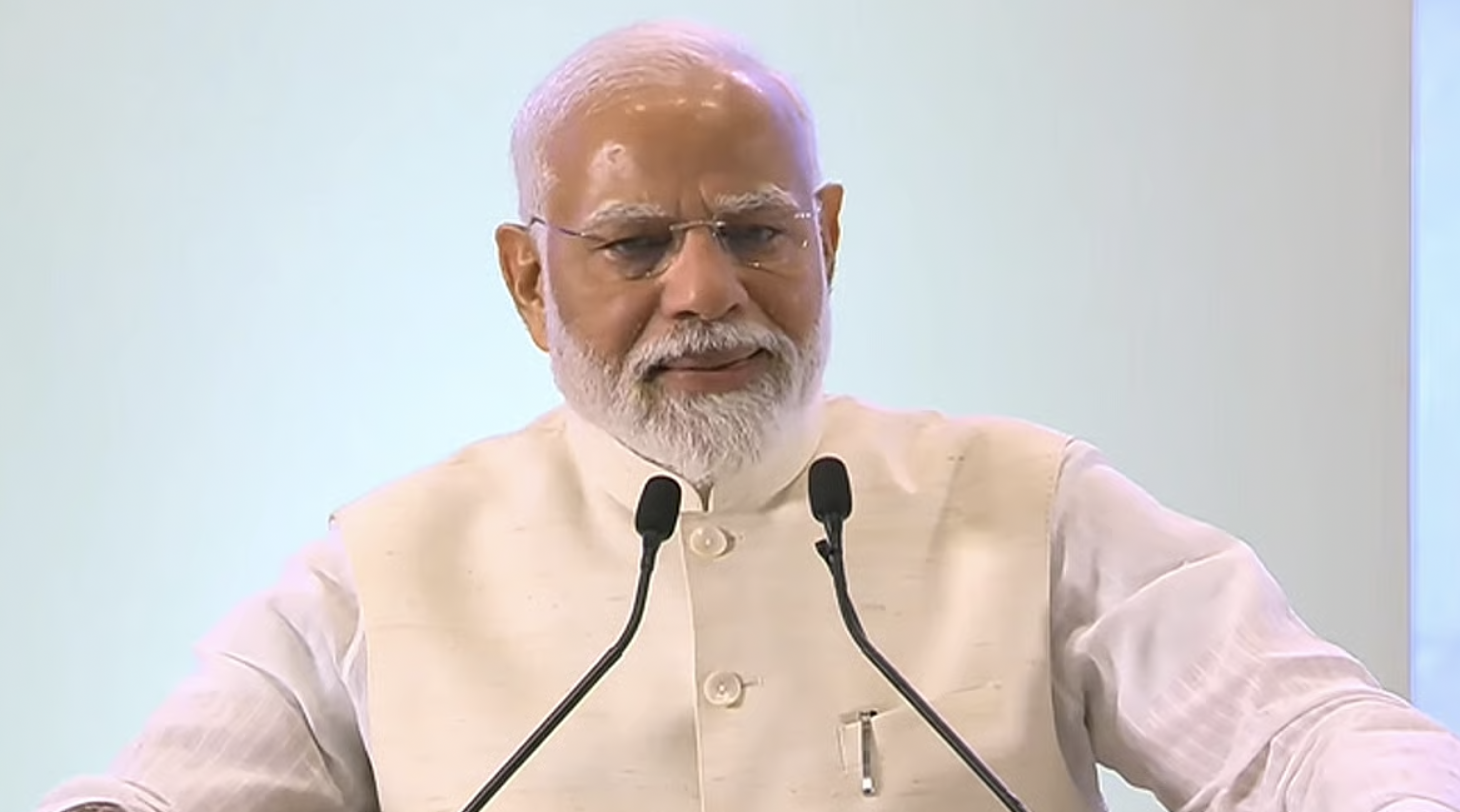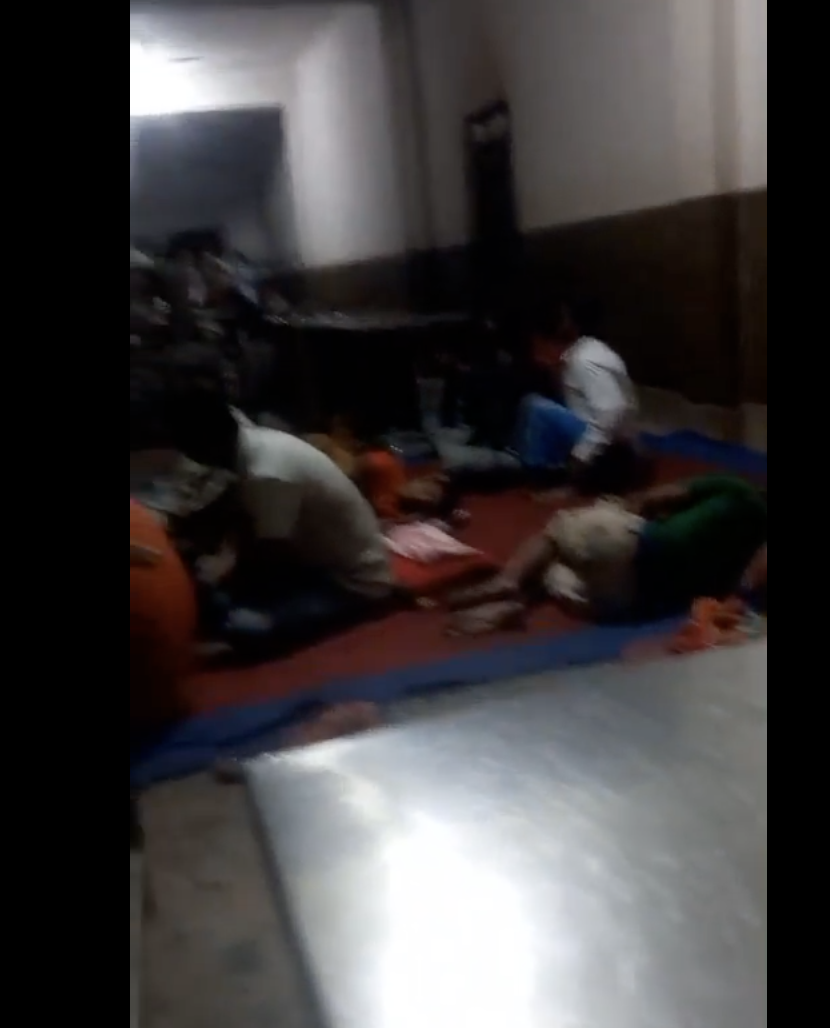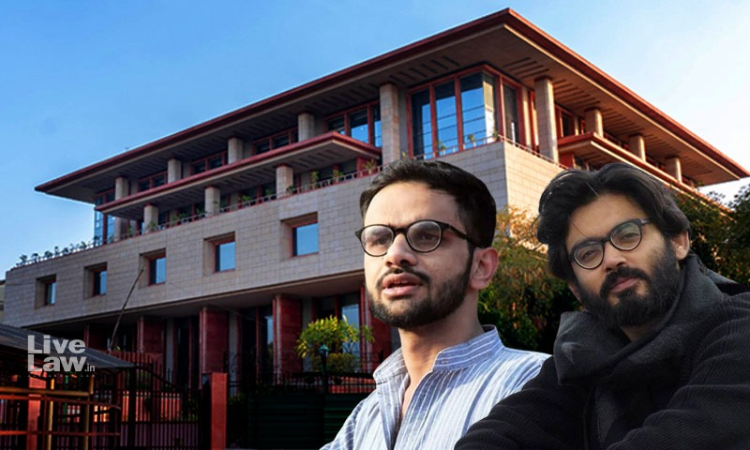
BY IRFAN RAJA / Daily Sabah
Recently, several hashtags with anti-Muslim hate-filled comments, outrageous images and scandalous connotations all directed at Mughals and the Turkic Muslim rulers have flooded Twitter over the Taj Mahal. One of the posts incorporated The Aryavarth Express’ front-page image with sensational headlines and a question: “Is the Taj Mahal a Hindu temple?”
What did the Mughals do to India? Did they destroy and loot it? Or did the Mughals forcefully change the Hindu religion? I asked myself so many questions. Did powerful Muslim rulers in Delhi ever demolish Hindu homes? I watched the Bollywood film “Razia Sultan,” which illustrates the Muslim justice system. But that was the pre-Narendra Modi (incumbent Indian prime minister) era and now the same people are changing the discourse of history. Despite Muslims making India the richest and most multicultural nation, today Hindu nationalists are eradicating Muslim history.
The Hindutva’s new victim is the symbol of eternal love, a matchless piece of Mughal architecture, included in the Seven Wonders of the World. It is the Taj Mahal, which was built by Mughal Emperor Shah Jahan to memorize his beloved wife Mumtaz Mahal.
One after the other, the Bharatiya Janata Party (BJP) leaders are trying to find a temple under Muslim monuments or mosques. Now, a BJP leader, Dr. Rajneesh Singh, filed a petition to “open rooms of Taj Mahal to find facts about Hindu idols.”
In the recent past, Hindus destroyed the historic Babri Masjid to build “Ram Temple.” So, what will be the next? And how far can the BJP go to dismantle India’s past history?
India under the Mughals
For centuries, the Karluks, the descendants of legendary Turkish Emperors Oghuz Khan and Timur, continued to rule vast lands stretching from Central Asia to South Asia, alongside the Himalayan and Hindu Kush Mountains and bordering areas of the present-day Xinjiang Uyghur Autonomous region in China. The rulers of the Mughal Empire were wealthier than the Safavid dynasty and Ottoman Empires, who shared a common Turkic heritage with them. The Mughals made India their home and unlike other invaders, they did not ransack it, or ruined it, but rather loved it and lived it. A list of books, historic documents, films, literature and art recognized the way Mughals facilitated and celebrated multiculturalism, established, reformed and implemented social and justice systems, and admitted and appointed non-Muslims including Hindus and Sikhs to high ranks in their courts.
Correspondingly, the Bollywood historic and superhit movies “Mughal-e-Azam” (1960) and “Jodha Akbar” (2008) show Mughals’ unconditional adoration for India. Not only Mughals but other Muslim rulers of Turkic origin such as Mir Osman Ali Khan, the seventh Nizam of Hyderabad (the rulers of Hyderabad from 18th-through-20th-century). Khan was the son-in-law of the Ottoman sultan and the richest man of his times and he donated a record 5,000 kilograms (11,000 pounds) of gold to the National Defence Fund of India to support the Indian army and its war with China.
India under the British Empire
The day the East India Company was founded India, it was colonized. Since then, the British Empire stole “$45 trillion,” which is “17 times more than the total annual gross domestic product of the U.K. today.” Moreover, a reliable study revealed that “(late U.K. Prime Minister Winston) Churchill’s policies contributed to the 1943 Bengal famine” that cost 5 million lives and occurred not because of “serious draught.” Not only this, the British Empire’s long list of human rights abuses and vicious policies in the subcontinent gave rise to racial discrimination, torture, killings and divided the society based on religious beliefs. These policies ultimately led to “the Great Divide” as recorded in The New Yorker, and “the violent legacy of Indian partition,” which resulted in millions of deaths and displacement of millions of people on both sides.
The end of united India
Exploring and flicking the historic orientations, one could easily find out how the BJP’s hate-filled policies of renaming cities, monuments and buildings of the Muslim era are signs of growing antipathy toward Indian Muslims.
Since Modi came into power, a series of tactical move incidents including Article 370, the Citizens Bill, Muslim house destruction, the building of temples on mosques lands, and demonizing and vilifying Mughal emperors have become the BJP’s everyday agenda. Given the intolerant and inhumane policies of the Modi government, the making of a Hindu India project eradicates all positive contributions of Muslim rulers. Today, it’s asked if India is becoming a “Hindu state.” That’s probably true as nowhere in the world except in Israel does the government demolish peaceful protestor houses, destroy mosques, and ban on adhan (the Islamic call for prayers) and wearing the hijab. What will be next? Ever since Modi came into power, the landscape of Indian politics is constantly changing, a secular and democratic India striving to become a “Hindu” only country, an intolerant society that prohibits religious freedom.
Today, a number of historic buildings, forts, palaces, monuments, gardens, mosques and public places are living testimonies of the magnificent period of Mughal architecture, art and lavish lifestyle that brought millions of tourists to India each year. According to a report by India Today, the BJP’s nationwide campaign of “renaming” cities, monuments and historic buildings of the Muslim period is seen as “an attempt to erase history” and to drive away from its “glorious past.” A historic Indian city Allahabad is now renamed “Prayagraj,” while Hindu nationalists are demanding to change the name of Qutab Minar (a minaret and “victory tower” that forms part of the Qutb complex in India) and Aurangabad (the city named after Mughal Emperor Aurangzeb) to “Sambhajinagar.” Surprisingly in neighboring Pakistan, many cities, hospitals, public places, and schools carry Hindu, Sikh, and Christian notable’s names and no one ever demanded to change it.
Considering the unfolding situation in India, in the coming days and months, the world may witness a genocide against Indian Muslims, which is already happening at a slow pace.
This article first appeared in dailysabah.com






